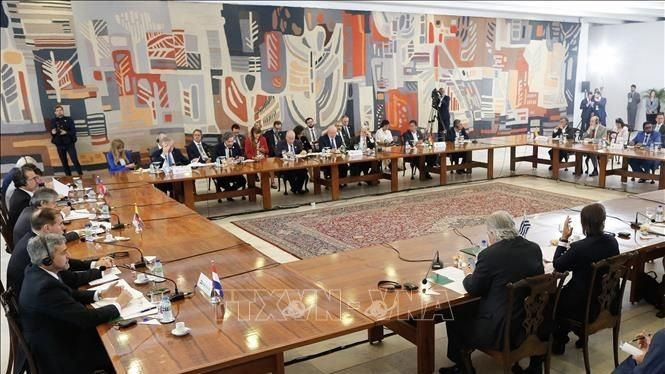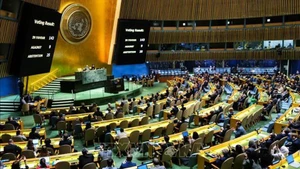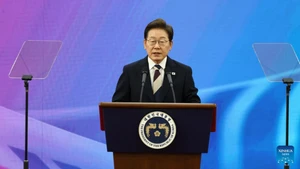As the first South American summit in nearly a decade, the Brasilia Conference attracted top leaders from 12 countries in the region, excluding Peru. The conference focused on discussing a series of important issues, notably the promotion of regional integration and coordination to combat climate change and high inflation.
Speaking at the opening session, the President of the host country Luiz Inacio Lula da Silva stressed the urgency to strengthen regional integration, in which South American countries must step up concrete actions for sustainable development, peace and happiness of the people. He also highlighted the will to restart regional integration mechanisms and referred to the Union of South American Nations (UNASUR) to which Brazil and Argentina announced their official return last month.
Calling on the South American leaders to design a new integration roadmap within 120 days, the President of Brazil proposed a series of specific cooperation programmes for the leaders of the countries to discuss and consider, including the initiative of establishing a common currency for South America to reduce dependence on foreign currencies in the field of trade and to facilitate and ease import and export procedures.
With a population of nearly 450 million people, South American countries are an important consumer market and the world's fifth-largest economy. The combined gross domestic product (GDP) of South American countries is estimated to reach 4 trillion USD in 2023. Lula da Silva proposed to reactivate cooperation in the fields of healthcare and education, promote coordination projects in the fight against climate change and create a common energy market for the whole region.
In the context that the world is facing many challenges, increasing threats to international peace and security, pressure on food and energy supply chains, the risk of a new pandemic and climate crisis, the leaders of 12 South American countries agreed to strengthen their relations and promote peace and cooperation, based on dialogue and respect for the diversity of peoples.
With a population of nearly 450 million people, South American countries are an important consumer market and the world's fifth-largest economy.
In the joint statement of “Brazilian Consensus”, South American countries affirmed their determination to promote sustainable development, social justice, the rule of law, institutional stability, sovereignty and non-interference in the internal affairs of together. The promotion of economic and social development, and combat against poverty, inequality and discrimination are also priority issues to be addressed. The joint statement stated that South American countries will work together to tackle climate change while promoting cooperation in energy transition and health capacity improvement, as well as in the fight against transnational crime. On the economic front, South American leaders agreed to increase trade and investment among countries in the region, improve infrastructure and enhance value chains, and facilitate trade and finance integration, with priority given to the elimination of unilateral measures.
Other important goals outlined in the joint statement include building an effective free trade area and maintaining regular dialogue to promote the integration of South America, thereby affirming the voice of South America on the international stage. In preparations for a roadmap for extensive regional integration, the leaders of South American countries decided to establish a committee headed by foreign ministers, aiming to assess the experience of cooperation mechanisms.
Notably, after attending the summit in Brasilia, the President of Colombia announced that the country would rejoin UNASUR, from which it withdrew in 2018.
Despite their differences, South American countries are working together to strengthen dialogue and solidarity towards building a unified region to deal with common challenges. President Lula da Silva said the leaders of South America will not re-establish a new UNASUR but will offer a different format with the main idea of building unity in the field of economy, investment and environment, for peace and development in the region.
















